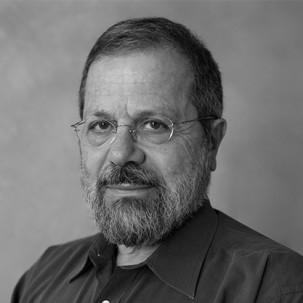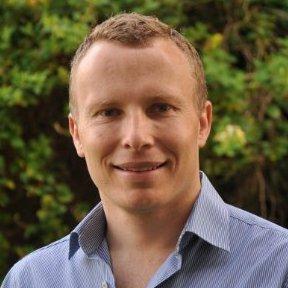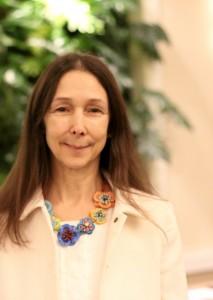
8th Urbanisation and Poverty Reduction Conference
The 8th Urbanisation and Poverty Reduction Research Conference brings together academics and development practitioners to present and discuss questions relating to urban expansion and the future spatial organisation of cities.
You can now watch the event recordings below.
The theme is of increasing importance to academics and policymakers alike as the supply of ideas and demand for solutions grow. Cities in developing countries are growing at faster rates and at lower income levels than those in developed country alternatives. If well-directed and well-managed, expansion and densification of urban areas can bring economic growth while also offering poverty reduction opportunities. If poorly directed and managed, the result can be congestion, contagion and contraction.
Planning for the cities of tomorrow is thus a crucial task, but one benefitting from a multi-disciplinary approach. This year’s conference will draw from economists and other scholarly communities at the policy – research interface to understand which new ideas, new methods and new collaborations can bring about the change necessary for development.
The policy-focused research conference day takes place on 7 March and is hosted by the World Bank (Development Research Group and Urban, Disaster Risk, Resilience, and Land), George Washington University (Elliott School of International Affairs and Institute for International Economic Policy), the International Growth Centre (Cities that Work and Cities Research Program), and Millennium Challenge Corporation with the Young Urban Economist Workshop and more technical sessions on 8 March.
Call for papers
This year we are doing an international call for papers to promote engagement with a diverse range of scholars across the world. We will explore how cities' development has consequences on productivity, liveability, sustainability and inequality.
- We are interested in building bridges between economic research and other social science fields such as urban planning, environmental sciences and economic geography. Thus, we are accepting papers from various methodological standpoints, but primarily with a quantitative or mixed methods framework.
- A non-exhaustive list includes land use simulation models, spatial economic models, RCTs, spatial econometrics, GIS mapping and analysis, gravity models, location theory, remote sensing, satellite data acquisition and analysis, longitudinal studies, spatial statistical analysis and Big Data analytics.
- Focus on developing countries is highly desired, but not essential.
As part of the call for papers, certain young scholars will be chosen to partake in the Young Urban Economist Workshop and will receive feedback on their papers from Professor Ed Glaeser. These scholars and select developing country scholars will be eligible to receive funding for travel and accommodation. Application will happen automatically, so please submit as normal.
There are no associated conference fees and food will be provided.
Paper submissions are now closed, as the deadline was 27 November 2023.











